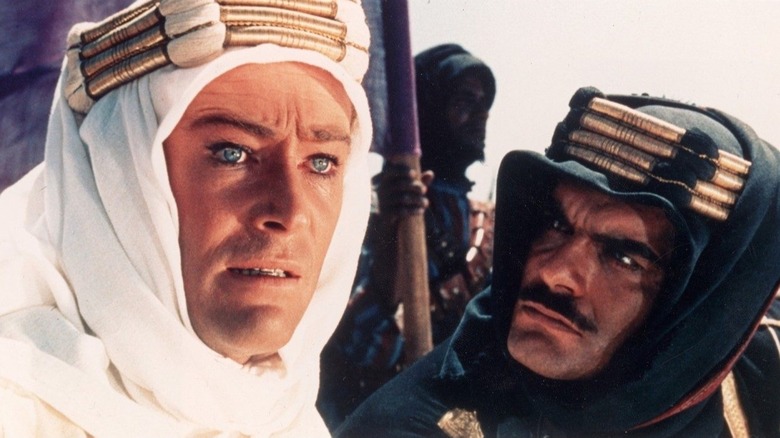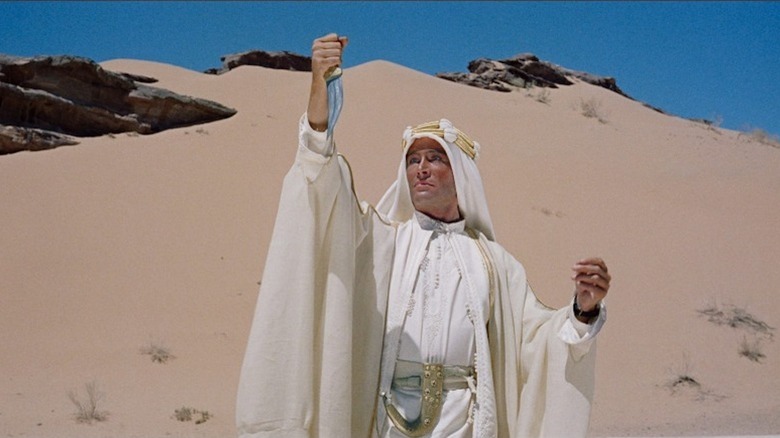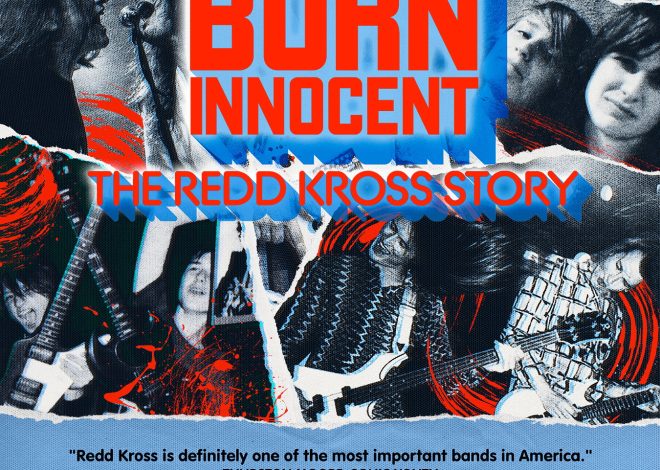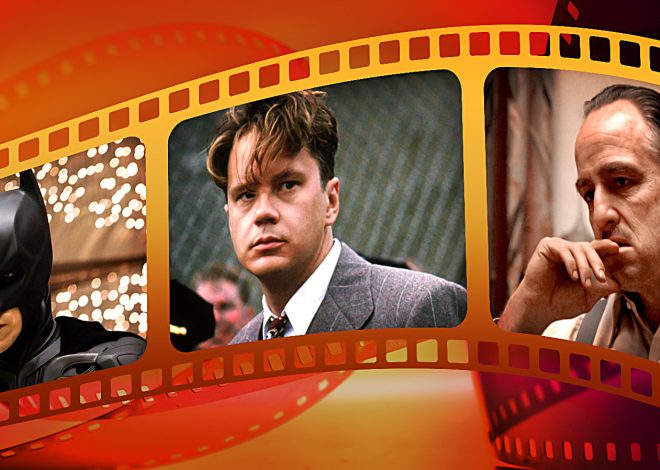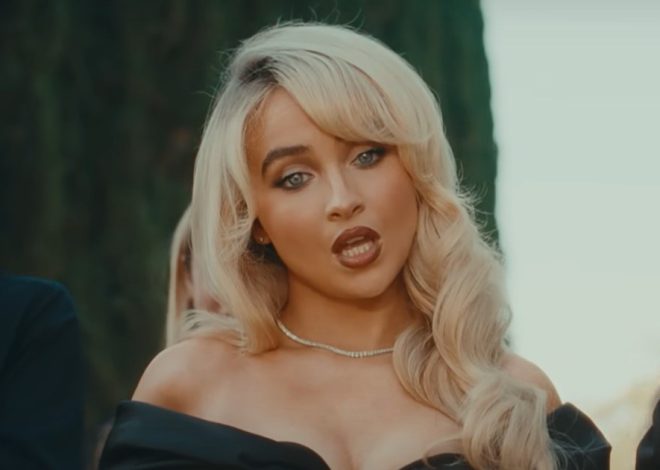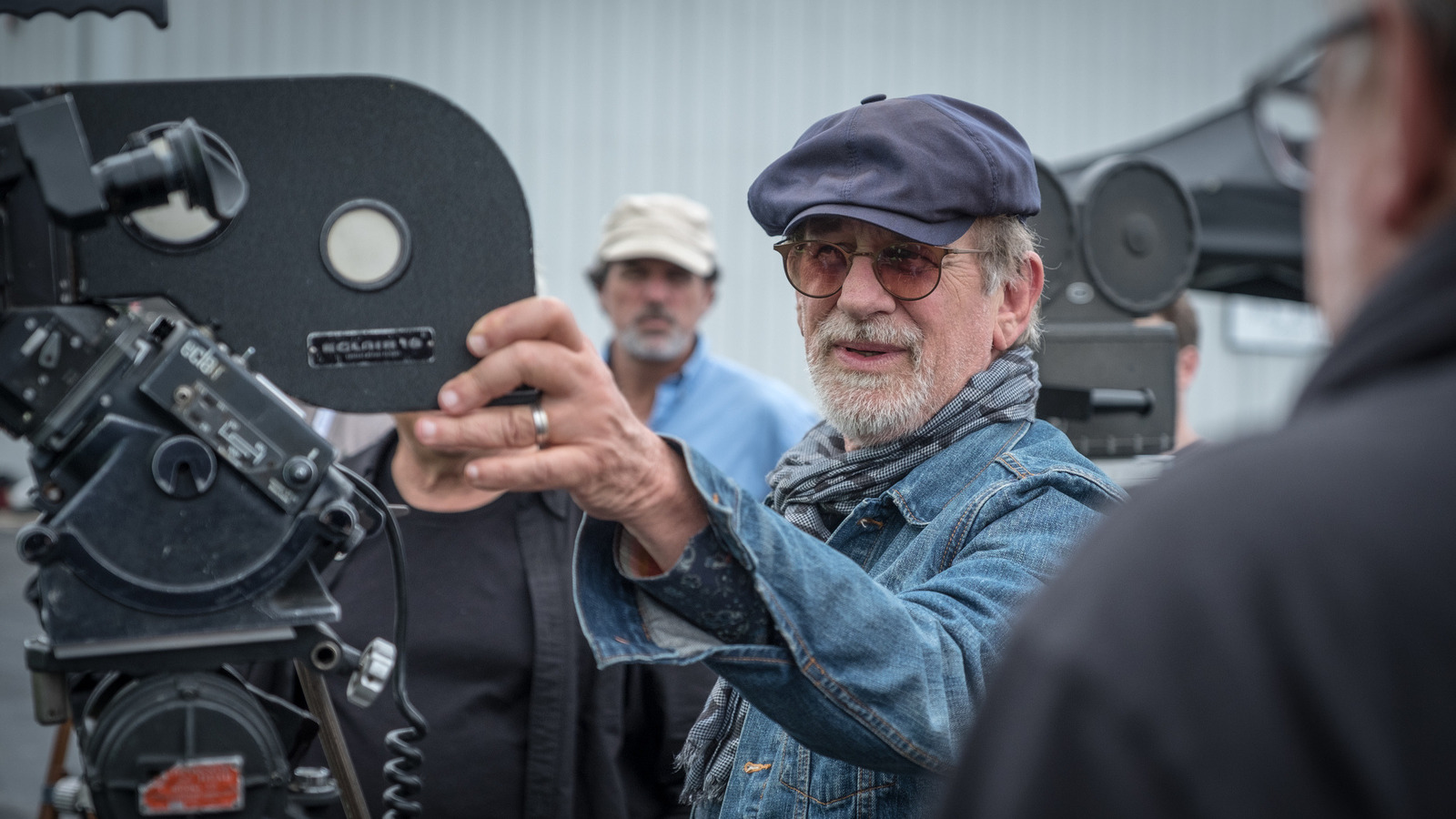
Steven Spielberg’s Favorite Movie Of All Time Is A 1960s Classic
When the British Film Institute’s official publication, Sight and Sound, released its decennial “Greatest Films of All Time” list in 2022, there was a notable — some might say shocking — omission from the top 100: David Lean’s unimpeachably masterful epic, “Lawrence of Arabia,” was nowhere to be found. Though the film had been sliding down the list throughout the early 21st century (it ranked 51 in 2002 and tumbled to 81 in 2012), many of us felt there was a floor for a film as universally revered as Lean’s biographical drama about the turbulent (likely exaggerated) desert adventures of T.E. Lawrence. Even though the film does have a white savior element to it, Lean, screenwriter Robert Bolt, and star Peter O’Toole portray Lawrence as a dangerous thrill-seeker with a messiah complex. His fervor is both rousing and terrifying.
While I think the subject matter in “Lawrence of Arabia” might be an automatic turnoff for some critics, I also feel the film’s decline in critical esteem is due to its very particular aesthetic. Lean’s movie is hardly alone in being a see-it-big 70mm experience, but unlike “Ben-Hur” (1959), “Cleopatra” (1963), and “The Sound of Music,” it doesn’t have a conventionally paced narrative or loads of unforgettable songs to keep viewers engaged when they watch it at home. Remember, these movies put up big Nielsen ratings numbers when people were watching them cropped for 4×3 tubes (sometimes in black-and-white). “Lawrence of Arabia” didn’t captivate in the same way. It was shot on Panavision Super 70mm to be projected on 70mm film in the biggest theater available.
This is tragically close to impossible nowadays, when you’re lucky if there’s a house with an operating 35mm projector within 100 miles of your home. 70mm? Currently, there are barely over 60 theaters simply capable of projecting a film in this format. Factor in the number of screenable prints of “Lawrence of Arabia” and Sony’s willingness to lend one out to a theater outside of Los Angeles, and the vast majority of cinephiles need to build a West Coast vacation around a 70mm showing of Lean’s movie.
Heck, it’s probable that the vast majority of film critics and directors polled by the BFI have never seen “Lawrence of Arabia” in 70mm. And this is a shame because it’s only Steven Spielberg’s favorite movie of all time.
No Lawrence of Arabia, no Spielberg
When Columbia Pictures released film preservationist Robert A. Harris’ restoration of Lean’s cut of “Lawrence of Arabia” in 1988, Steven Spielberg joined Martin Scorsese and the studio’s then president Dawn Steel at a Manhattan press conference to gush over the film’s effect on his life and career. “‘Lawrence of Arabia’ was the first film I saw that made me want to be a moviemaker,” said Spielberg. “It was in Phoenix, I was 13 or 14 at the time, and it was overwhelming.”
In a video interview that is not currently online (but has been quoted extensively by Far Out), Spielberg elaborated on this experience. “I couldn’t comprehend the enormity of the experience,” he said. “So I wasn’t able to digest it in one sitting. I actually walked out of the theater stunned and speechless.” There were no DVD commentaries or behind-the-scenes featurettes to watch on YouTube. All he had for a while was a vinyl LP of Maurice Jarre’s soundtrack, which included a booklet that discussed in terse detail the production of the movie. “I wanted to know how that film was made,” he said.
I’ve heard and read Spielberg talk about “Lawrence of Arabia” so many times, I was stunned that he didn’t work the aforementioned experience into his semi-autobiographical film “The Fabelmans.” To be fair, that film is so masterfully constructed itself that I don’t know where or how you would fit a “Lawrence of Arabia” scene into it, but whenever I’ve watched the movie, Spielberg’s comments — and those of Scorsese and Ridley Scott, both of whom consider the film one of their favorites — have informed my understanding of and stoked my own love for Lean’s masterpiece.
And this is one thing I’m fortunate enough to say I have in common with Spielberg: I’ve seen “Lawrence of Arabia” projected in 70mm.
If you’ve never seen Lawrence of Arabia on 70mm, you’ve never seen Lawrence of Arabia
My first go-round with “Lawrence of Arabia” was during that 1988 re-release. The film played at Toledo, Ohio’s Showcase Cinemas, which, before it was demolished in the 2000s, had two seemingly cavernous 70mm houses. I was 15 at the time, and was just getting over my resistance to classic movies. I won’t lie: having my parents drive me and my friend Dave up to that theater to watch a four-hour movie that won the Oscar for Best Picture a decade before I was born felt a bit like homework. But when Lean cut from O’Toole blowing out that match to the sun rising in the Arabian desert, the film cast its spell, which even the intermission couldn’t break.
When I moved to Los Angeles in 2002, I made it a point to see “Lawrence of Arabia” on 70mm (usually at the American Cinematheque’s Aero Theatre) as often as possible. I went with my friend Drew McWeeny on a couple of occasions, and admired his policy of always bringing a different friend who’d never seen the film in 70mm (or at all) to each screening. On one trip, I couldn’t help but notice Alfonso Cuarón seated near the front row of the Aero. I wish to hell I could’ve picked his brilliant brain after that screening. (Ridley Scott brought it up when we did a Q&A for his cut of “Kingdom of Heaven,” and again when I interviewed him for “American Gangster.”)
But knowing it’s Spielberg’s favorite, he’s the artist I long to chat with at length. I want to know where “Lawrence of Arabia” exists in the DNA of all of his films, and what he thinks young filmmakers should take from it. Mostly, I want him to reinforce the importance of seeing it in 70mm. Because I just don’t understand how a film of its impeccable craftsmanship and life-altering magnitude isn’t in more critics’ top 10 lists. This isn’t a matter of obligation. It’s about the movie’s standalone greatness. As Roger Ebert once wrote, seeing “Lawrence of Arabia” projected on 70mm film “is on the short list of things that must be done during the lifetime of every lover of film.”
There is nothing like it, and, as Spielberg noted in that video interview, there will never be anything like it again. Per the man who gave us “Jaws,” “E.T. the Extra-Terrestrial,” “Schindler’s List” and so many other classics:
“What makes that film unlikely any film that can be made again is that it was done naturally; with the elements of light and sound and maybe the greatest screenplay ever written for the motion picture medium […] It was a miracle.”
